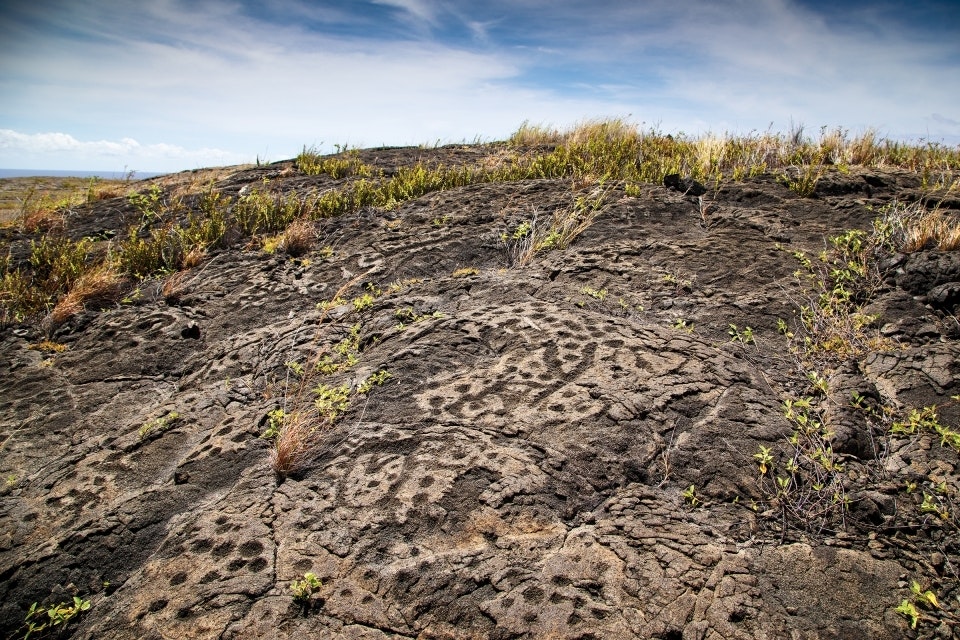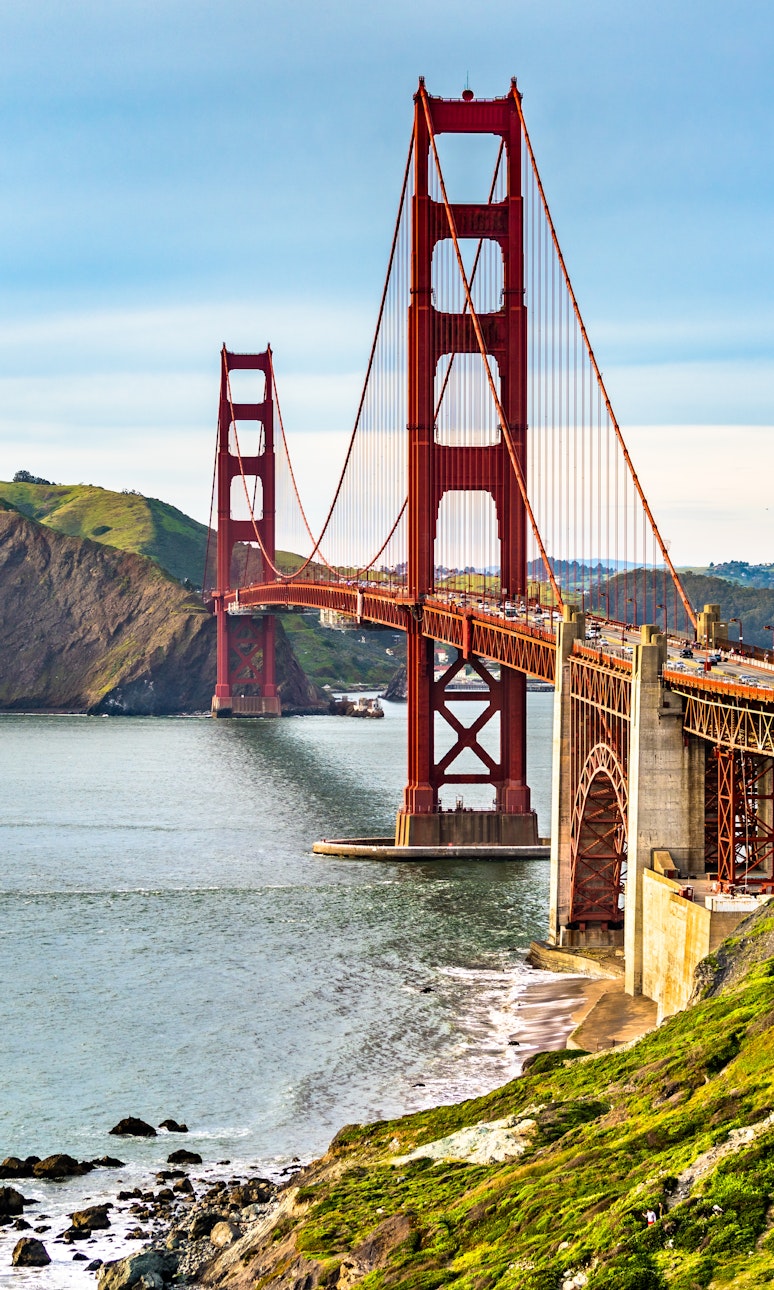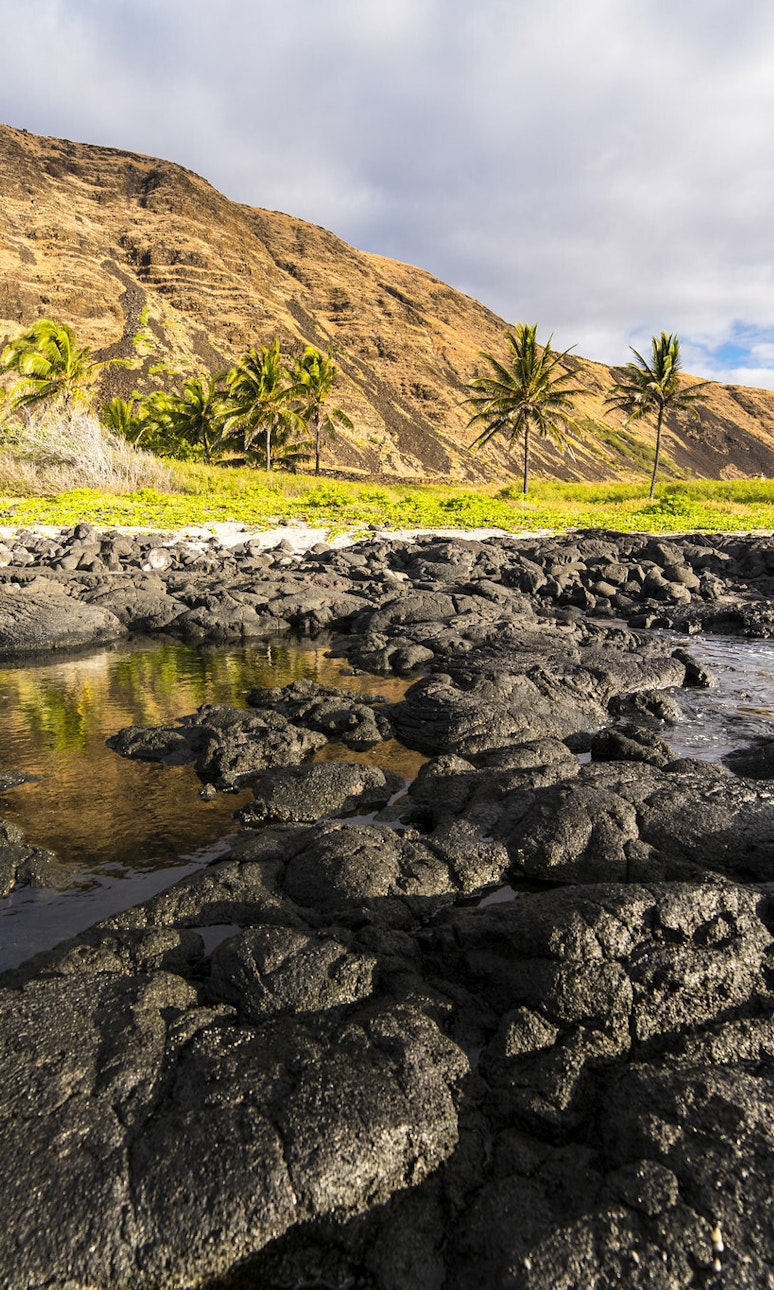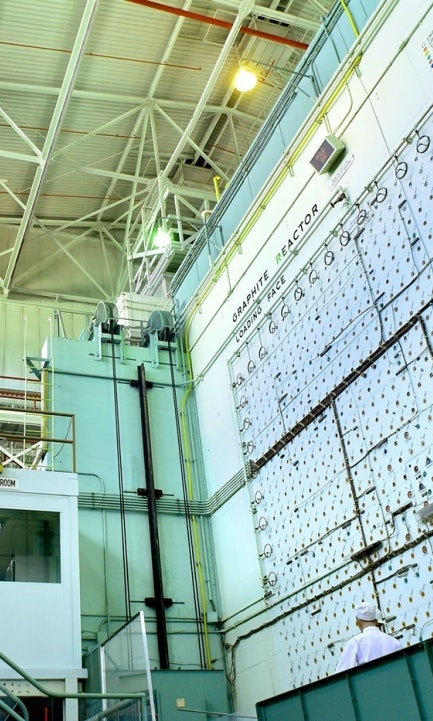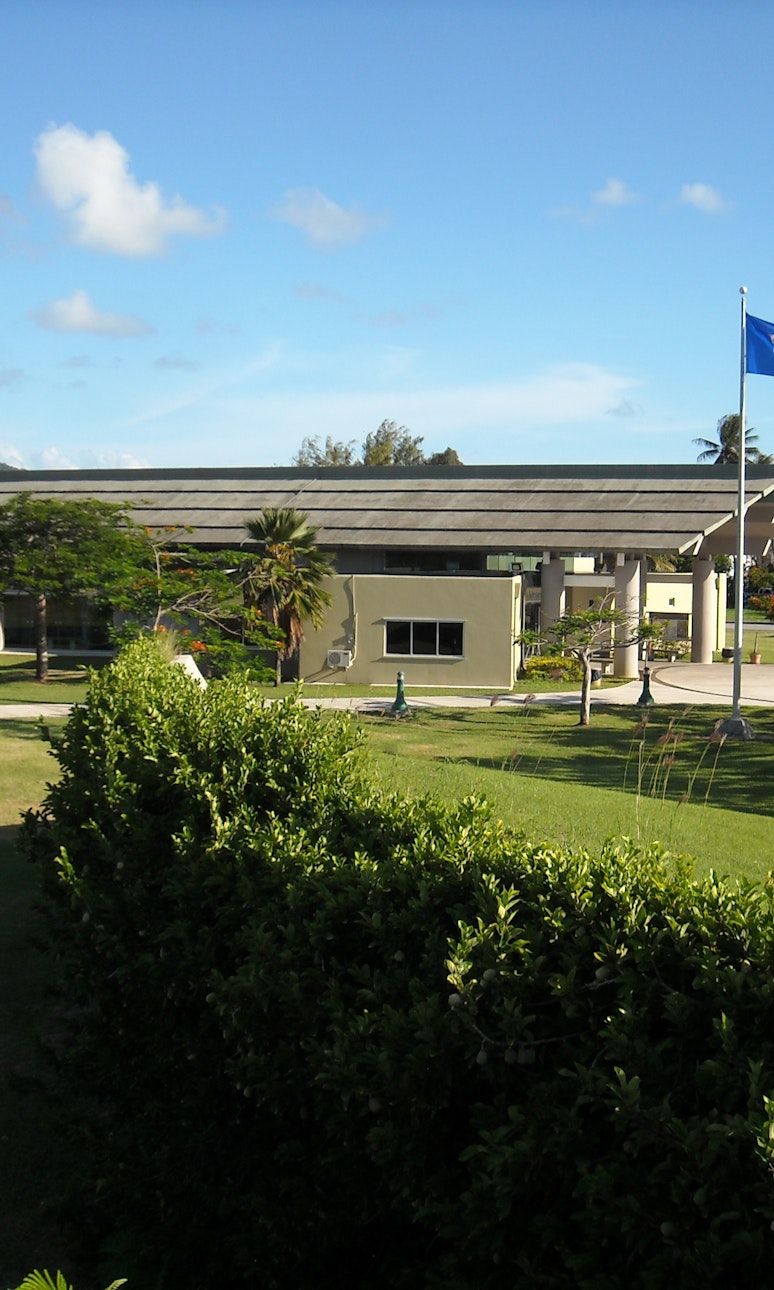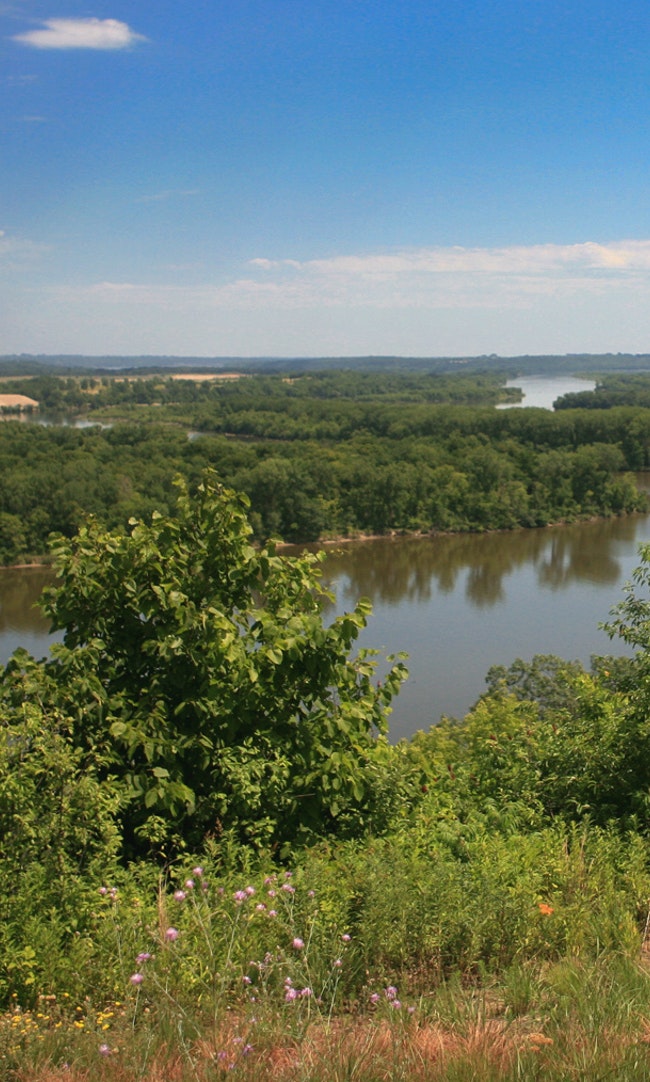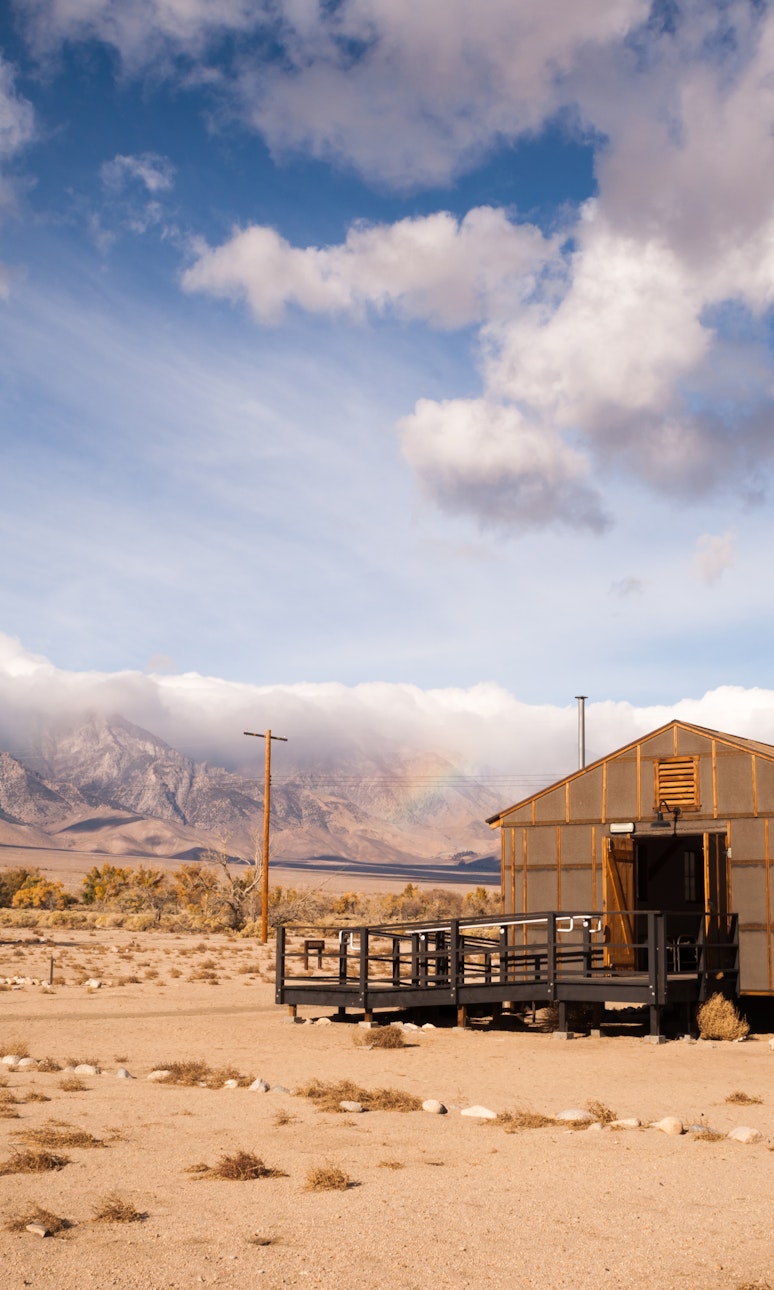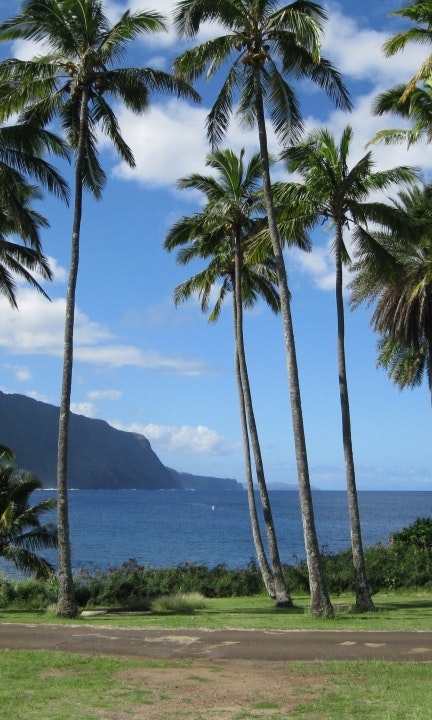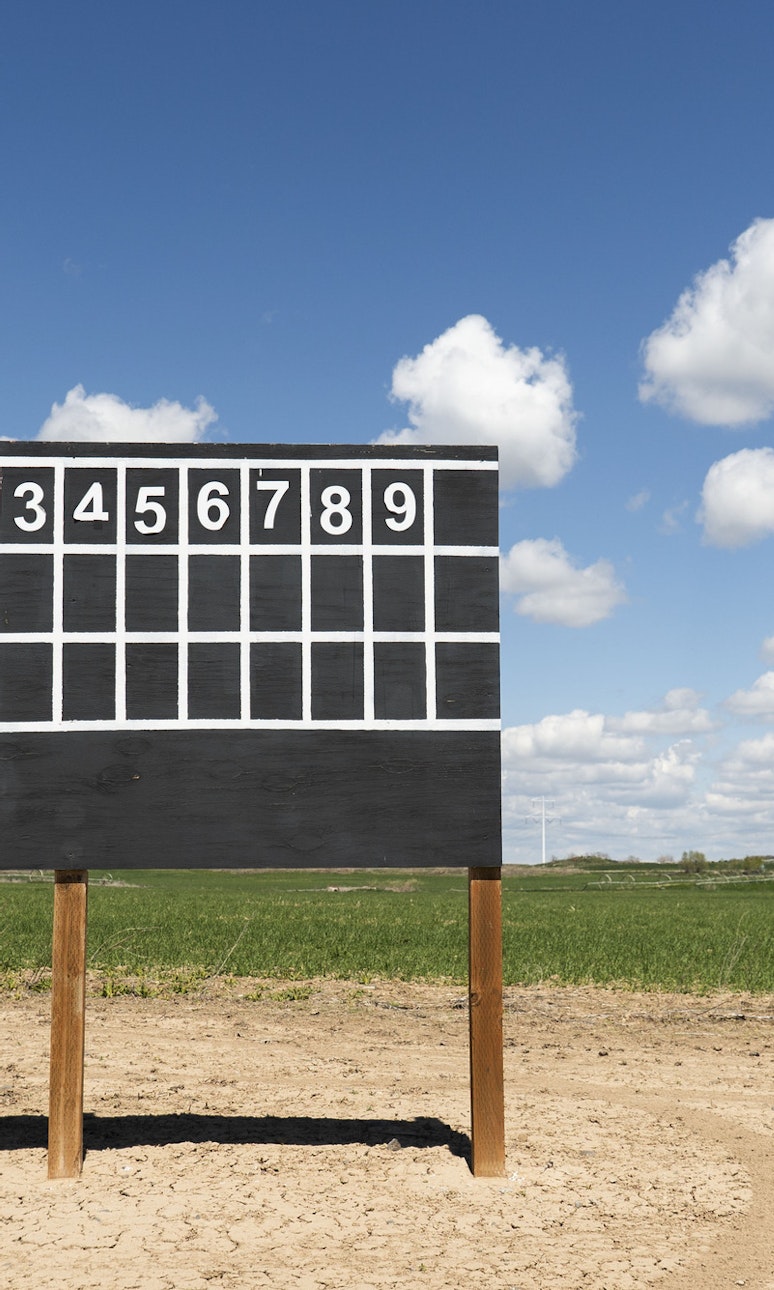
Asian American, Native Hawaiian, and Pacific Islander History & Culture in Parks
-
Reflecting on Our PastAsian Americans, Native Hawaiians, and Pacific Islanders have contributed and shaped the rich heritage of the United States in countless ways, and many of these stories are reflected throughout national park sites.
-
Inspiring the FutureThe National Park Service (NPS) offers a unique lens to learn and share these stories, and the National Park Foundation (NPF) is committed to helping parks interpret and amplify these narratives and experiences.
-
NPF's CommitmentNPF and its partners are dedicated to increasing access to the places, cultural resources, and stories that help all people gain a deeper understanding of the diversity that defines American history and culture.
Asian American, Native Hawaiian, and Pacific Islander History & Our National Parks
Many national parks have connections to Asian Americans, Native Hawaiians, and Pacific Islanders (AANHPI). Some parks are dedicated to the lives and legacies of particular communities, such as those who suffered from Hansen’s disease, commonly known as leprosy, at what’s now Kalaupapa National Historical Park, or those incarcerated during World War II in places such as Manzanar and Minidoka National Historic Sites. Many others have ties to remarkable AANHPI individuals, such as Dr. Chien-Shiung Wu, a physicist who worked on the Manhattan Project, Jun Fujita, a photojournalist and poet who lived in a cabin in what’s now part of Voyageurs National Park, or the paniolo, Hawaiian cowboys who worked in the Kaʻū district of what’s now Hawaiʻi Volcanoes National Park.
For everyone traveling to national parks, there are quite a few places where you can learn about AANHPI history and culture. AANHPI narratives have – and continue to – shape the history of the United States and national parks play a pivotal role in sharing these stories.
Note: NPF uses the language Asian Americans, Native Hawaiians, and Pacific Islanders. While the intent is to honor inclusivity and be representative of various ways that people identify, we recognize that this language does not account for all identities. We recognize the importance and need of specificity in reference to distinct communities. We also recognize that the stories highlighted here do not account for all identities and we will continue to elevate more stories and help expand the history preserved and shared in national parks.
NPF's Work in This Space
NPF supports national parks, programs, and projects that highlight the stories of Asian Americans, Native Hawaiians, and Pacific Islanders who made history and those who continue to shape our future.
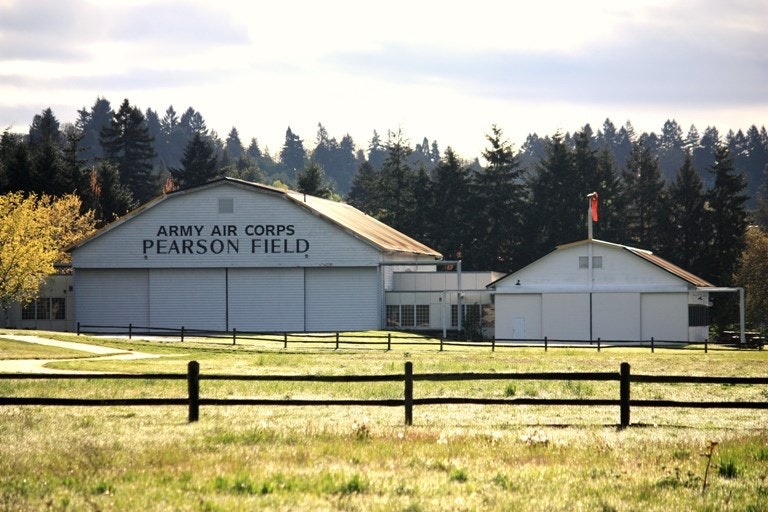
-
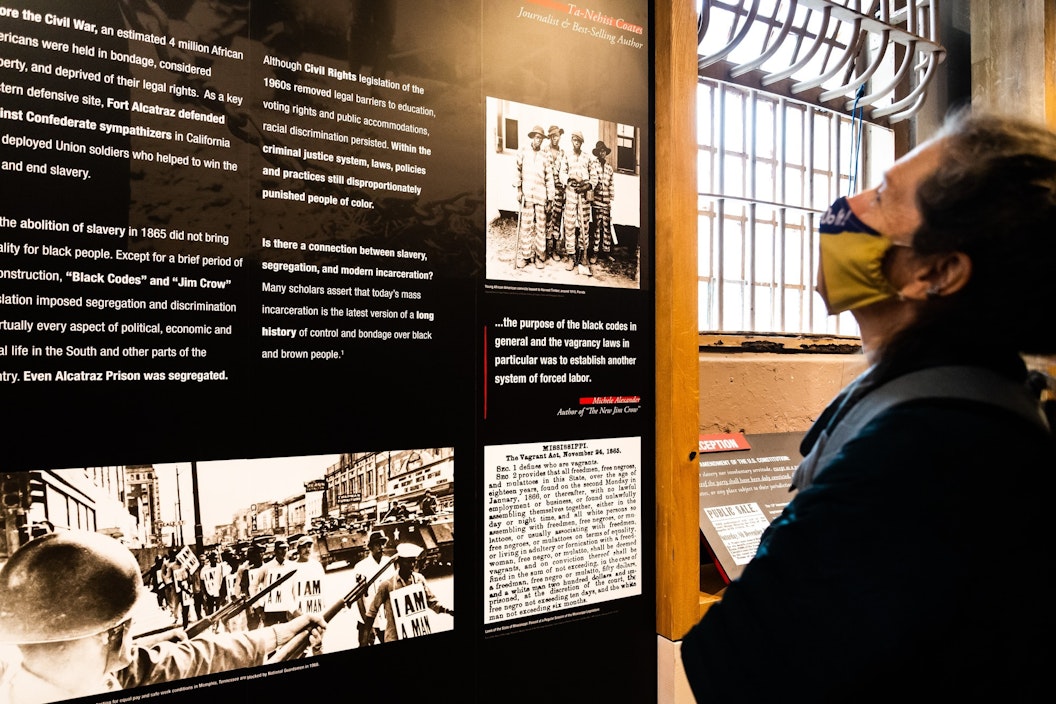 ProgramInclusive StorytellingNPF’s Inclusive Storytelling program supports contemporary research projects in parks, as well as projects that transform the research into relevant interpretative products, including park programs, exhibits, and videos.
ProgramInclusive StorytellingNPF’s Inclusive Storytelling program supports contemporary research projects in parks, as well as projects that transform the research into relevant interpretative products, including park programs, exhibits, and videos. -
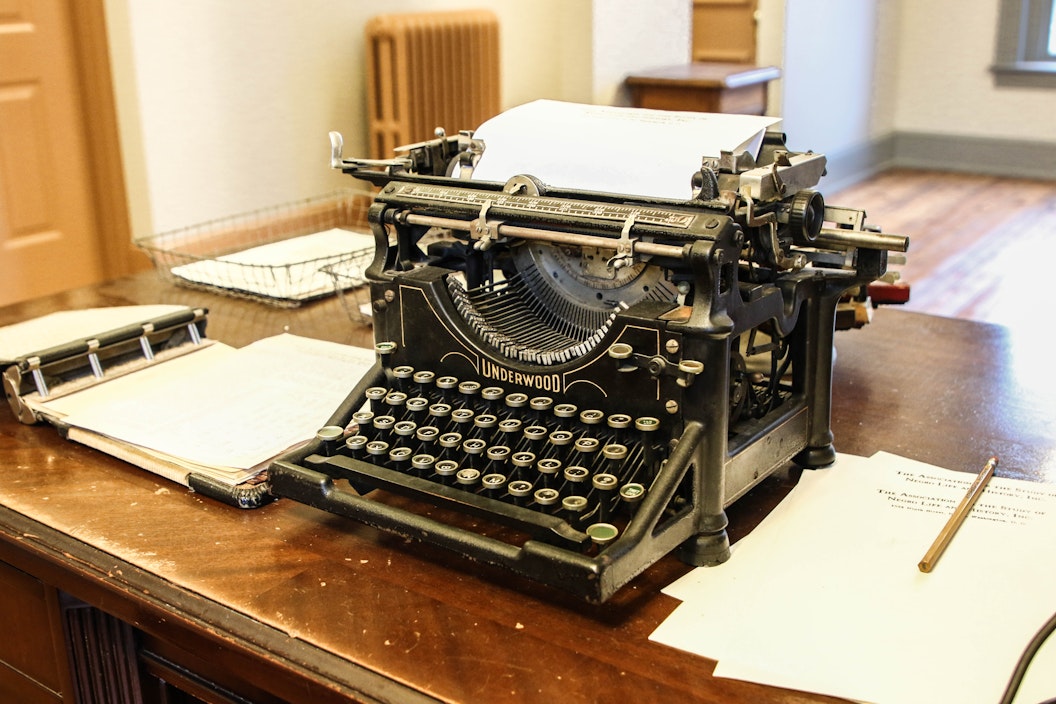 ProgramNational Park Service Mellon Humanities FellowshipsThe NPS Mellon Humanities Fellowship program, supported by NPF, supports the work of a collection of humanities scholars whose research and analysis of the complex and fascinating histories in and around our parks helps us discover untold perspectives and new voices.
ProgramNational Park Service Mellon Humanities FellowshipsThe NPS Mellon Humanities Fellowship program, supported by NPF, supports the work of a collection of humanities scholars whose research and analysis of the complex and fascinating histories in and around our parks helps us discover untold perspectives and new voices.
Recent Projects
Explore just some of the projects supported by NPF that help preserve and share the stories of Asian Americans, Native Hawaiians, and Pacific Islanders in our national parks.
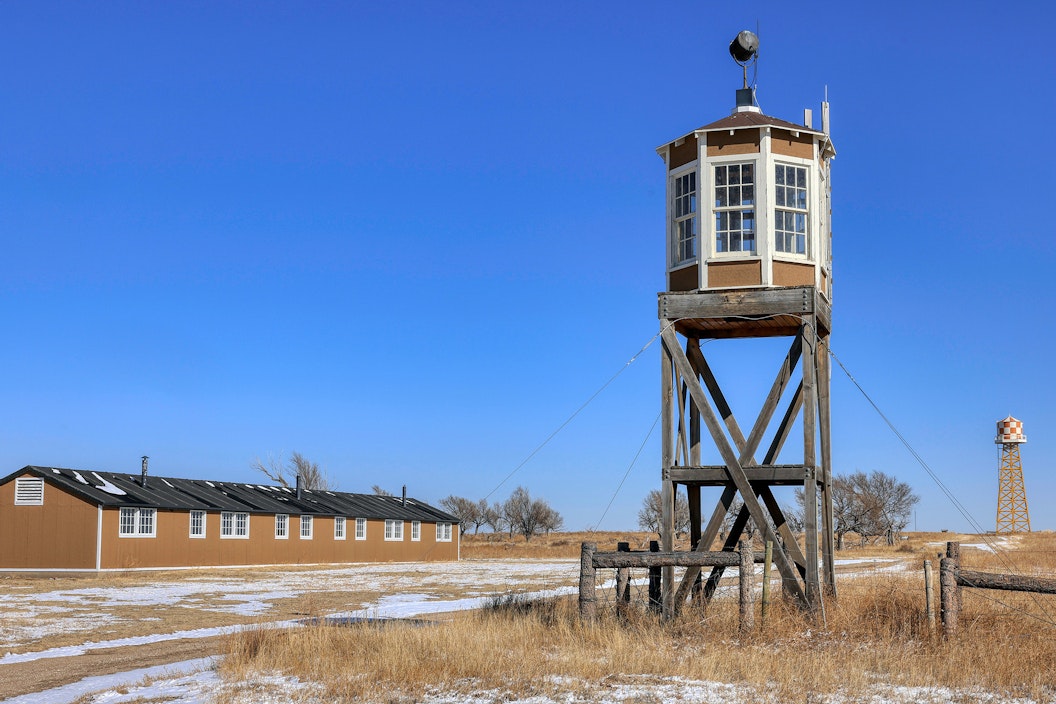
-
 Klondike Gold Rush National Historical Park (Seattle Unit), Mount Rainier, North Cascades, and Olympic National ParksExpanding ProgrammingAn NPF ParkVentures grant is supporting Outdoor Asian, working alongside the Seattle Parks Foundation, to expand its programming – including guided snowshoe walks, park cleanups, community science programs, and beginner backpacking and camping trips – to build relationships across Asian American and Pacific Islander (AAPI) cultures, with other communities of color, and with the natural world.
Klondike Gold Rush National Historical Park (Seattle Unit), Mount Rainier, North Cascades, and Olympic National ParksExpanding ProgrammingAn NPF ParkVentures grant is supporting Outdoor Asian, working alongside the Seattle Parks Foundation, to expand its programming – including guided snowshoe walks, park cleanups, community science programs, and beginner backpacking and camping trips – to build relationships across Asian American and Pacific Islander (AAPI) cultures, with other communities of color, and with the natural world. -
 Hawai’i Volcanoes National ParkRehabilitating Trails at Hawai’i VolcanoesAn NPF Service Corps grant is supporting Friends of Hawai’i Volcanoes National Park in connecting Native Pacific Islanders and additional marginalized groups with college level peers to rehabilitate trails following the devastating 2018 volcanic eruption and improve visitor native forest bird watching areas.
Hawai’i Volcanoes National ParkRehabilitating Trails at Hawai’i VolcanoesAn NPF Service Corps grant is supporting Friends of Hawai’i Volcanoes National Park in connecting Native Pacific Islanders and additional marginalized groups with college level peers to rehabilitate trails following the devastating 2018 volcanic eruption and improve visitor native forest bird watching areas.
-
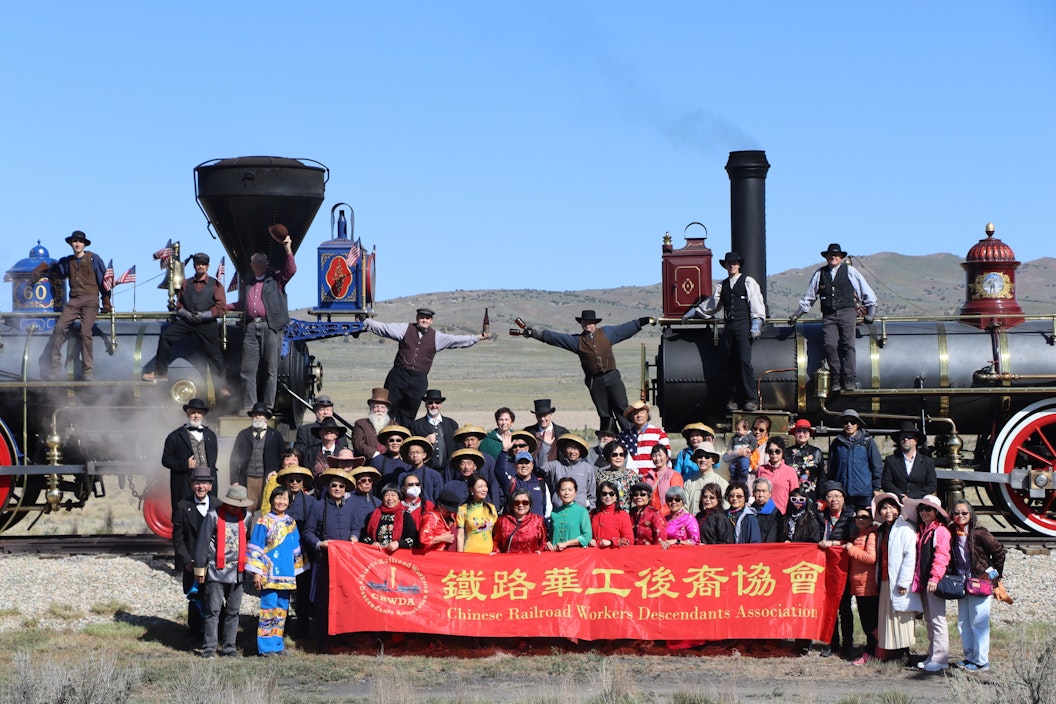 Intermountain Regional OfficeSupporting a Mellon FellowWith support from an NPF grant, NPS’s Intermountain Regional Office is hosting a Mellon Fellow to focus on the history and legacy of the Transcontinental Railroad. The Fellow is exploring the themes of labor, western identity, and Indigenous sovereignty, as well as researching the stories of Chinese and other workers. The Fellow is documenting sites worthy of preservation, engaging partners, and updating park interpretation.
Intermountain Regional OfficeSupporting a Mellon FellowWith support from an NPF grant, NPS’s Intermountain Regional Office is hosting a Mellon Fellow to focus on the history and legacy of the Transcontinental Railroad. The Fellow is exploring the themes of labor, western identity, and Indigenous sovereignty, as well as researching the stories of Chinese and other workers. The Fellow is documenting sites worthy of preservation, engaging partners, and updating park interpretation. -
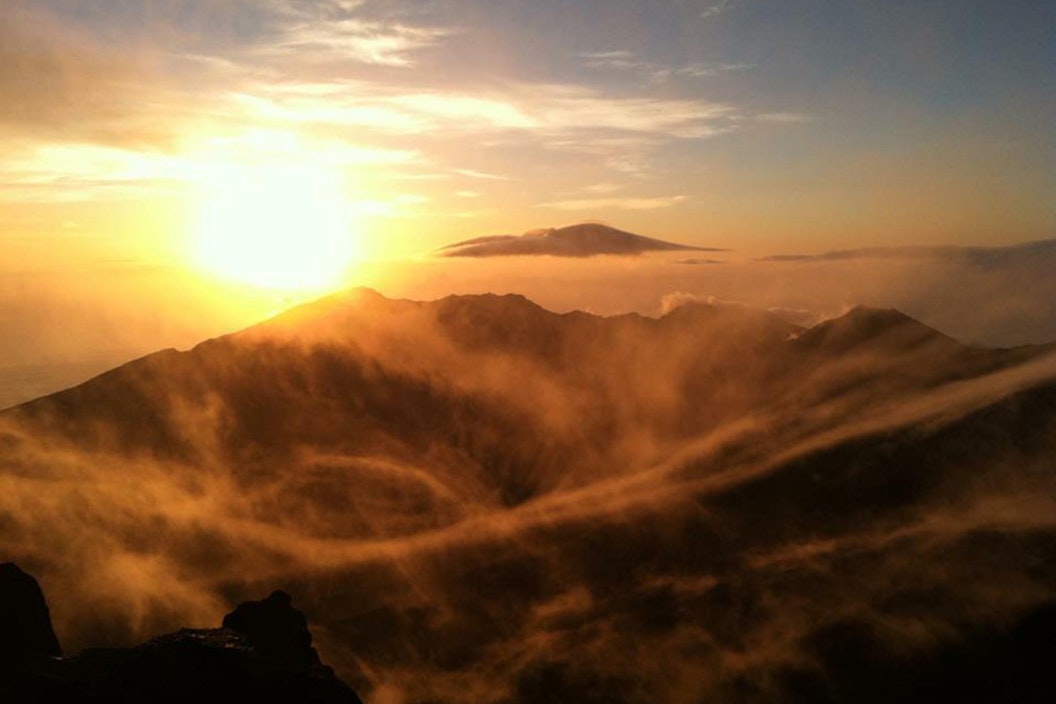 Haleakalā National ParkEngaging Hawaiian Speakers OnlineThanks to an Inclusive Storytelling grant from NPF, Haleakalā National Park is creating a new NPS website in ʻŌlelo Hawaiʻi (Hawaiian language) to engage and connect to the Hawaiian community, as well as Hawaiian speakers and learners of all ages.
Haleakalā National ParkEngaging Hawaiian Speakers OnlineThanks to an Inclusive Storytelling grant from NPF, Haleakalā National Park is creating a new NPS website in ʻŌlelo Hawaiʻi (Hawaiian language) to engage and connect to the Hawaiian community, as well as Hawaiian speakers and learners of all ages. -
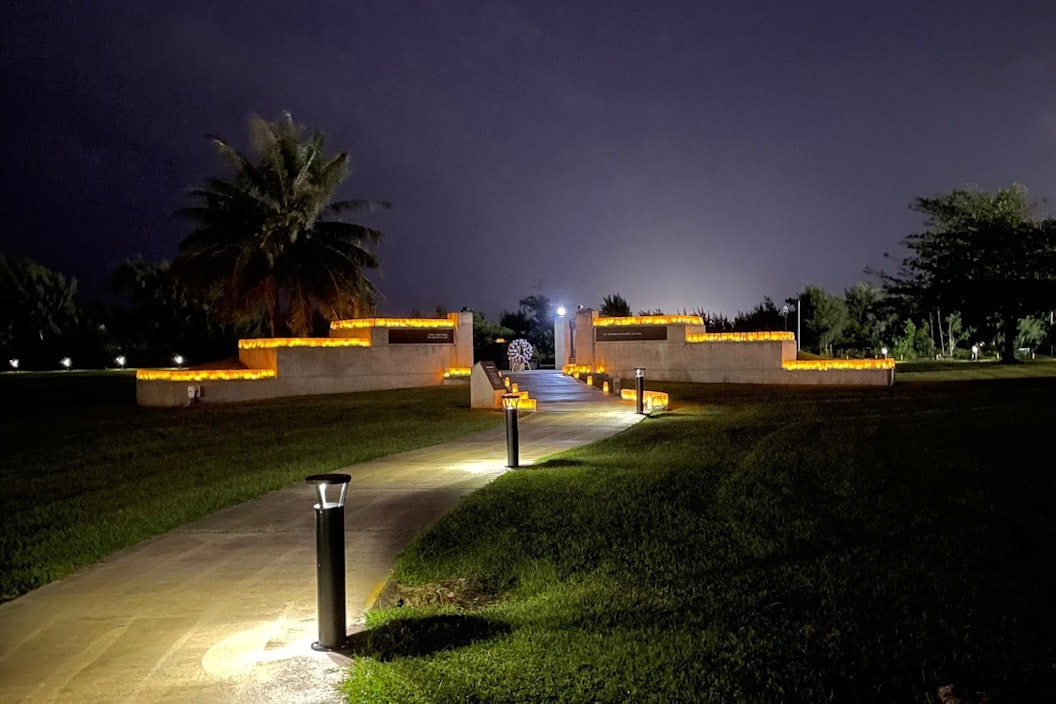 War in the Pacific National Historical ParkExploring Wartime in the Mariana IslandsA NPS Mellon Humanities Fellow is inventorying existing oral histories at War in the Pacific National Historical Park and American Memorial Park, working with interpretive teams at the parks to develop products and programs highlighting the stories within the oral history collection.
War in the Pacific National Historical ParkExploring Wartime in the Mariana IslandsA NPS Mellon Humanities Fellow is inventorying existing oral histories at War in the Pacific National Historical Park and American Memorial Park, working with interpretive teams at the parks to develop products and programs highlighting the stories within the oral history collection.
-
 Voyageurs National ParkRehabilitating the Jun Fujita CabinNPF funded a service corps crew to work on historical and structural rehabilitation of the Jun Fujita Cabin at Voyageurs National Park. The cabin was designed and built around 1928 by Jun Fujita, the first Japanese American photojournalist, who captured national attention by photographing key events despite facing rampant anti-immigrant sentiment. Youth conservation crews worked to restore his summer cabin at Voyageurs, preserving the historic structure so the park can continue to share Fujita’s legacy with visitors.
Voyageurs National ParkRehabilitating the Jun Fujita CabinNPF funded a service corps crew to work on historical and structural rehabilitation of the Jun Fujita Cabin at Voyageurs National Park. The cabin was designed and built around 1928 by Jun Fujita, the first Japanese American photojournalist, who captured national attention by photographing key events despite facing rampant anti-immigrant sentiment. Youth conservation crews worked to restore his summer cabin at Voyageurs, preserving the historic structure so the park can continue to share Fujita’s legacy with visitors. -
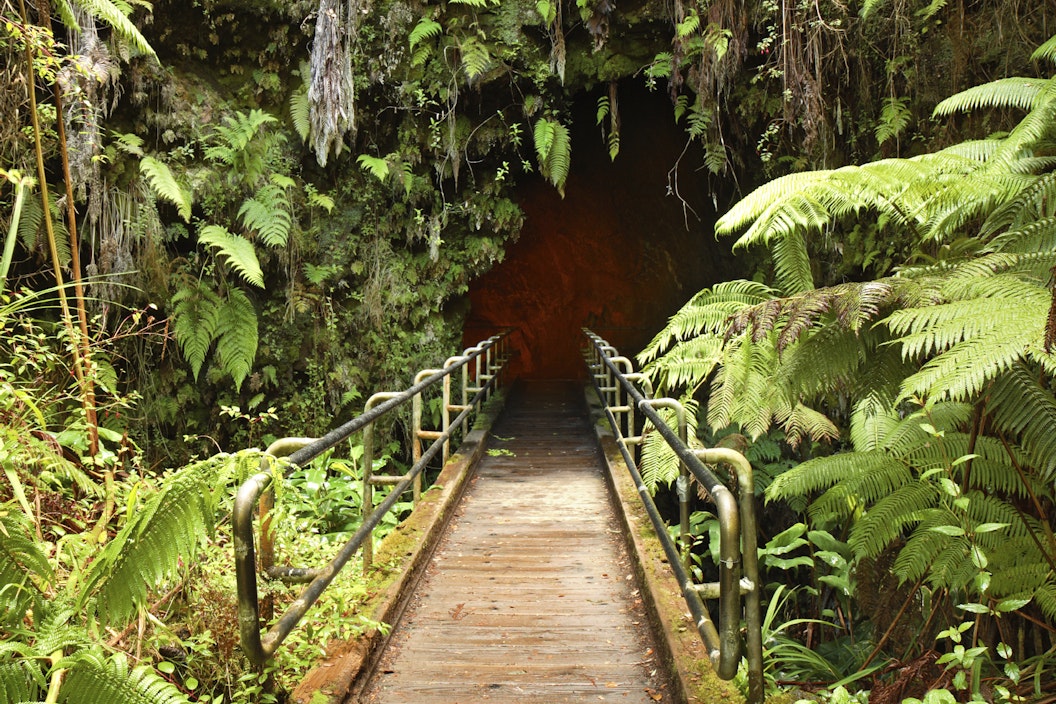 Hawai‘i Volcanoes National ParkConnecting Indigenous Seniors to Hawai‘i VolcanoesA NPF-supported project engaged underserved senior citizens who are Native Hawaiian Pacific Islanders and Asian Pacific Islanders to lead programs at Hawai‘i Volcanoes National Park. The 65-85-year-olds in the Guardian Seniors Kupuna Program completed training and a climate change workshop with the goal of offering public programming. Prior to the initiative, some Indigenous elders felt the park was for visitors, not locals; now the group has a sense of pride and eagerness to pass along their knowledge, native culture, and storytelling at the park.
Hawai‘i Volcanoes National ParkConnecting Indigenous Seniors to Hawai‘i VolcanoesA NPF-supported project engaged underserved senior citizens who are Native Hawaiian Pacific Islanders and Asian Pacific Islanders to lead programs at Hawai‘i Volcanoes National Park. The 65-85-year-olds in the Guardian Seniors Kupuna Program completed training and a climate change workshop with the goal of offering public programming. Prior to the initiative, some Indigenous elders felt the park was for visitors, not locals; now the group has a sense of pride and eagerness to pass along their knowledge, native culture, and storytelling at the park.
-
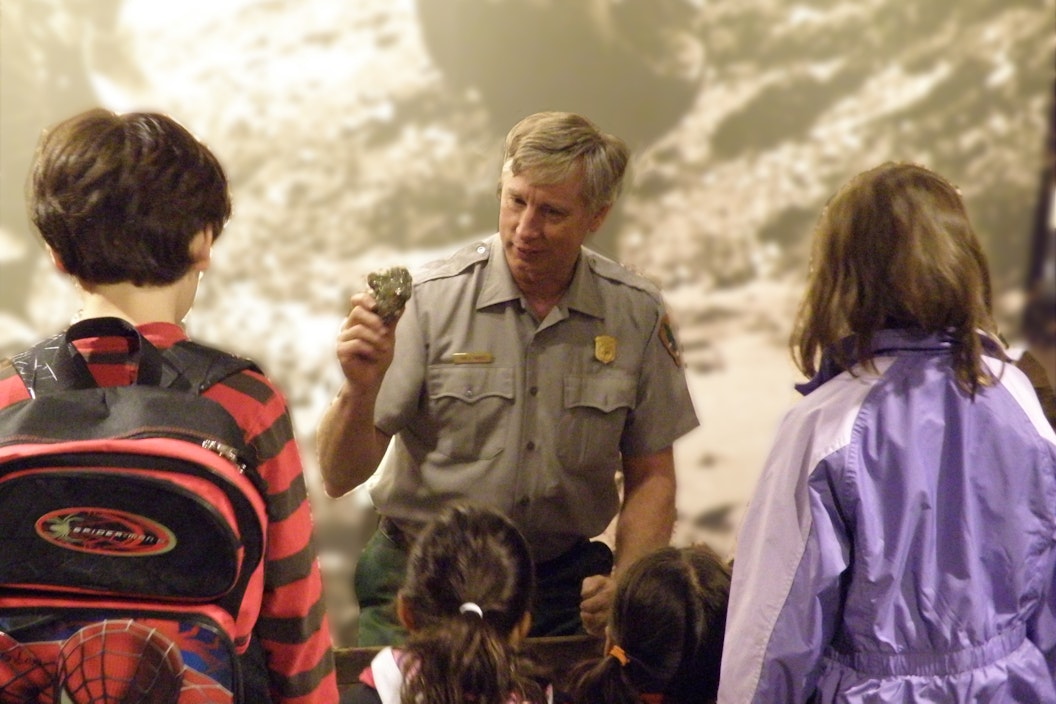 Klondike Gold Rush National Historical Park - Seattle UnitConnecting Seattle 4th Graders to Local Lands and HistoryAn Open OutDoors for Kids grant supported Klondike Gold Rush National Historical Park Seattle Unit and the Wing Luke Museum of the Asian Pacific American Experience to provide online programming and in-person field trips for 4th graders in Seattle area Title I schools. The initiative engaged students to connect with public lands and cultural institutions in their communities, and to learn about Seattle’s historic Japantown and the Japanese American Remembrance Trail.
Klondike Gold Rush National Historical Park - Seattle UnitConnecting Seattle 4th Graders to Local Lands and HistoryAn Open OutDoors for Kids grant supported Klondike Gold Rush National Historical Park Seattle Unit and the Wing Luke Museum of the Asian Pacific American Experience to provide online programming and in-person field trips for 4th graders in Seattle area Title I schools. The initiative engaged students to connect with public lands and cultural institutions in their communities, and to learn about Seattle’s historic Japantown and the Japanese American Remembrance Trail. -
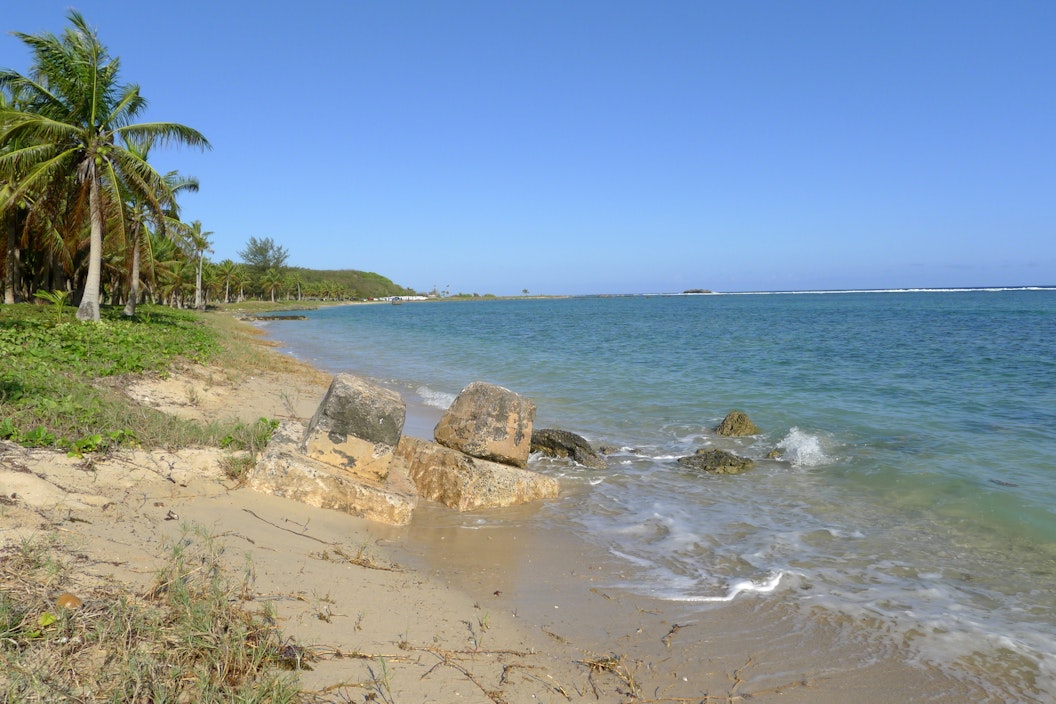 War in the Pacific National Historical ParkTeaching Traditional Indigenous FishingA NPF Junior Ranger Angler grant to War in the Pacific National Historical Park supported traditional fishing clinics for local native and Pacific Islander youth and families with a focus on safe and sustainable fishing, community engagement, and natural and cultural resource stewardship. Peskadot (“fisherman, hunter” in native Chamorro language) Junior Rangers from Guam’s coastal village communities learned about traditional Indigenous fishing methods practiced in the Western Pacific for centuries and deepened their appreciation for local land and sea resources.
War in the Pacific National Historical ParkTeaching Traditional Indigenous FishingA NPF Junior Ranger Angler grant to War in the Pacific National Historical Park supported traditional fishing clinics for local native and Pacific Islander youth and families with a focus on safe and sustainable fishing, community engagement, and natural and cultural resource stewardship. Peskadot (“fisherman, hunter” in native Chamorro language) Junior Rangers from Guam’s coastal village communities learned about traditional Indigenous fishing methods practiced in the Western Pacific for centuries and deepened their appreciation for local land and sea resources. -
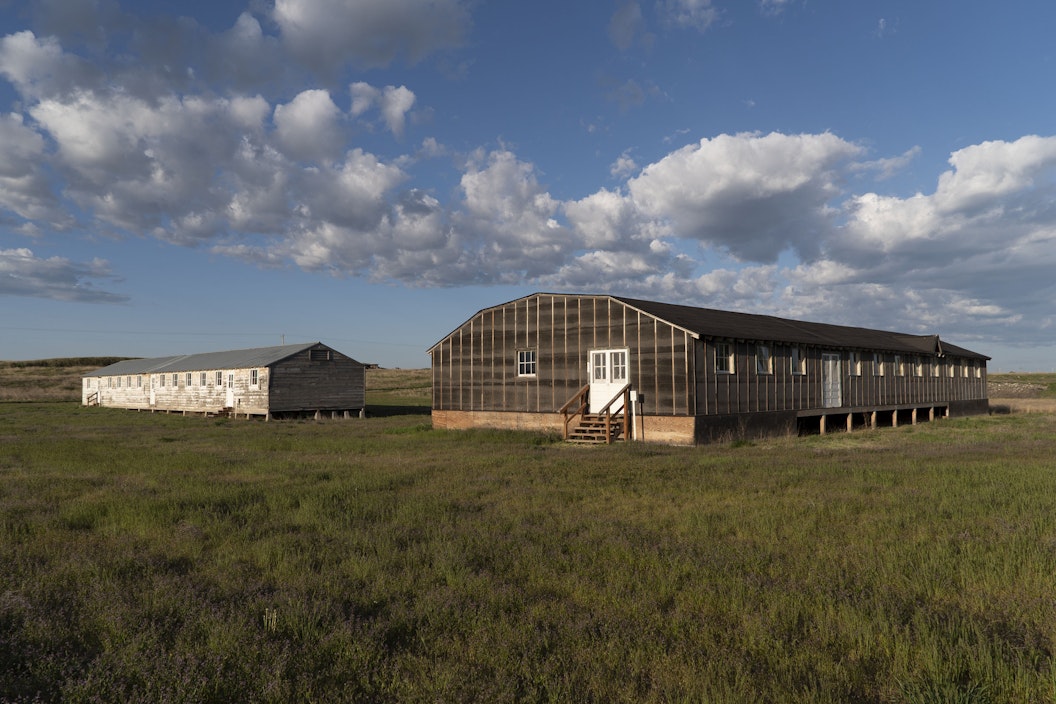 Minidoka National Historic SiteStrengthening a Local Friends GroupNPF provided a capacity building grant to Friends of Minidoka to support the group in becoming a stronger philanthropic partner to Minidoka National Historic Site. NPF funded work on communication and engagement, philanthropy, and youth workforce development, as well as a program manager to support continued growth. Minidoka National Historic Site in Idaho preserves a portion of a WWII-era Japanese American incarceration site, serving as a memorial and educating visitors about this chapter of American history.
Minidoka National Historic SiteStrengthening a Local Friends GroupNPF provided a capacity building grant to Friends of Minidoka to support the group in becoming a stronger philanthropic partner to Minidoka National Historic Site. NPF funded work on communication and engagement, philanthropy, and youth workforce development, as well as a program manager to support continued growth. Minidoka National Historic Site in Idaho preserves a portion of a WWII-era Japanese American incarceration site, serving as a memorial and educating visitors about this chapter of American history.
Related Stories
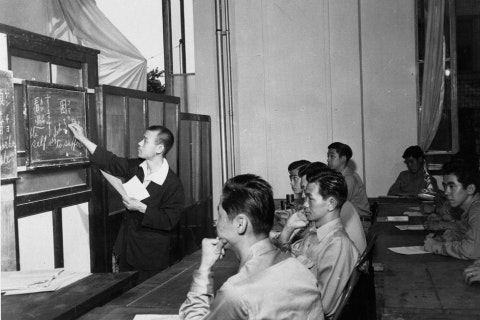
-
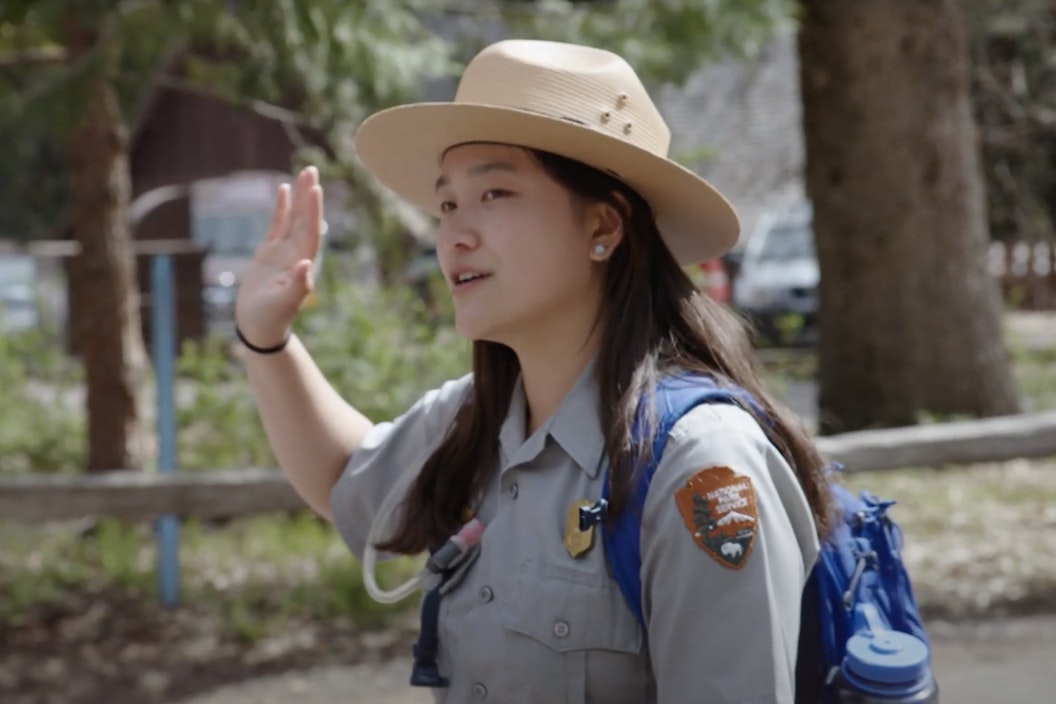 StoryStudent-Led Field Trips Connect Kids & Communities to ParksCalista Lum is a physics major at University of California, Merced, but also a college student ranger at Yosemite National Park! Explore her story and how her work at Yosemite is helping students see their identity represented in a national park, which leaves a lasting impression.
StoryStudent-Led Field Trips Connect Kids & Communities to ParksCalista Lum is a physics major at University of California, Merced, but also a college student ranger at Yosemite National Park! Explore her story and how her work at Yosemite is helping students see their identity represented in a national park, which leaves a lasting impression. -
 Guest BlogThe Power of PlaceNPF’s Kim Hirose Tobe shares how her personal story is intertwined with national parks.
Guest BlogThe Power of PlaceNPF’s Kim Hirose Tobe shares how her personal story is intertwined with national parks.
-
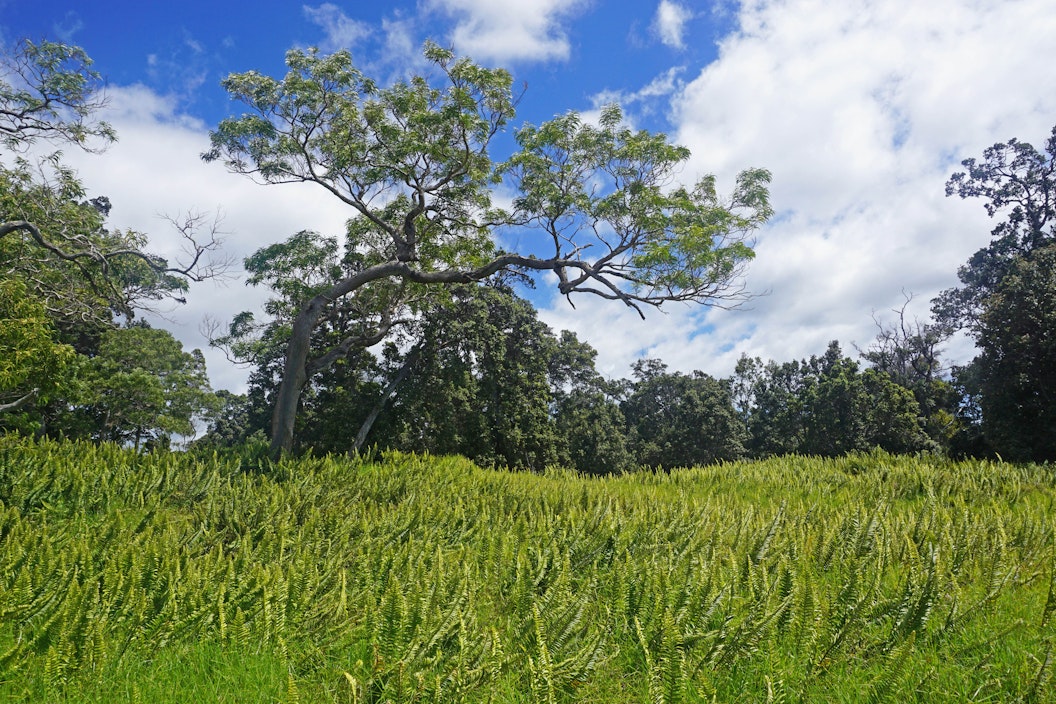 NPS Video"Koa Talking to Me"This video from the National Park Service features a Hawaiian man and his love for one of the rarest and most threatened trees in the work — the Acacia Koa tree.
NPS Video"Koa Talking to Me"This video from the National Park Service features a Hawaiian man and his love for one of the rarest and most threatened trees in the work — the Acacia Koa tree. -
 BiographiesBreaking Barriers During World War IIWorld War II challenged American cultural beliefs, biases, and practices. Explore the stories of some of the Asian Americans and Pacific Islanders who broke barriers during World War II, provided by the National Park Service.
BiographiesBreaking Barriers During World War IIWorld War II challenged American cultural beliefs, biases, and practices. Explore the stories of some of the Asian Americans and Pacific Islanders who broke barriers during World War II, provided by the National Park Service. -
 NPS VideoChinese History & Yosemite National ParkJoin Park Ranger Yenyen Chan in an exploration of the role Chinese immigrants played in shaping Yosemite National Park in this video from the National Park Service.
NPS VideoChinese History & Yosemite National ParkJoin Park Ranger Yenyen Chan in an exploration of the role Chinese immigrants played in shaping Yosemite National Park in this video from the National Park Service.
